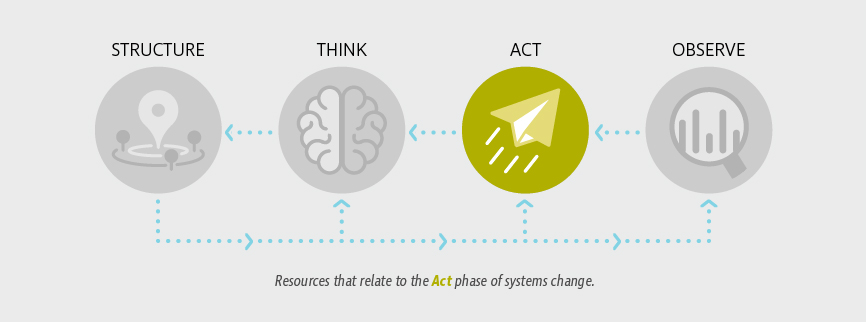Illustrating Systems Change in Workforce Development
 |
| Get the Resource |
Using This Resource: Key Questions
Who should use this resource?
Workforce funder collaboratives and other organizations interested in workforce development.
What does this resource help you achieve?
Learn about the variety of workforce development problems and different approaches to systems change.
When should you use this resource?
Illustrating Systems Change in Workforce Development
For nearly 15 years, the National Fund has supported efforts to change systems and improve workforce development. Here are just a few examples of this work from across our regional collaborative network:
- New York Alliance for Careers in Healthcare worked closely with employers to develop more responsive training programs to meet labor market needs. Then-New York City Mayor Bill de Blasio used this approach as the basis for enacting widespread reforms in the city’s workforce.
- Southwest Alabama Workforce Development Council supported an employer-led effort to guide investments and improve the quality of educational programming, particularly among community colleges. Stakeholders are expanding the model across Alabama.
- Spanning southwest Ohio, northern Kentucky, and southeast Indiana, the Health Career Collaborative has worked with the region’s largest health care employers to change tuition benefit policies to better support the education and advancement of front-line workers. Among the changes, employers have agreed to offer tuition benefits to employees before the start of classes (rather than as reimbursements), making the pursuit of education more feasible for front-line workers.
- Minneapolis-St. Paul Regional Workforce Innovation Network successfully advocated for the establishment of a public, standardized report card for all adult workforce training programs funded by the state’s Workforce Development Fund. The report card shows program outcomes, such as credentials obtained and post-enrollment wages based on demographic information, education level, geography, and industry. Such changes increase transparency and accountability to better guide workforce development investments.
- Among its policy efforts, Philadelphia’s Job Opportunity Investment Network participated in a coalition to help codify public support for industry partnerships through legislation that established a state budget line item for such initiatives.
Take Action with More Tools | Reference Additional Resources

